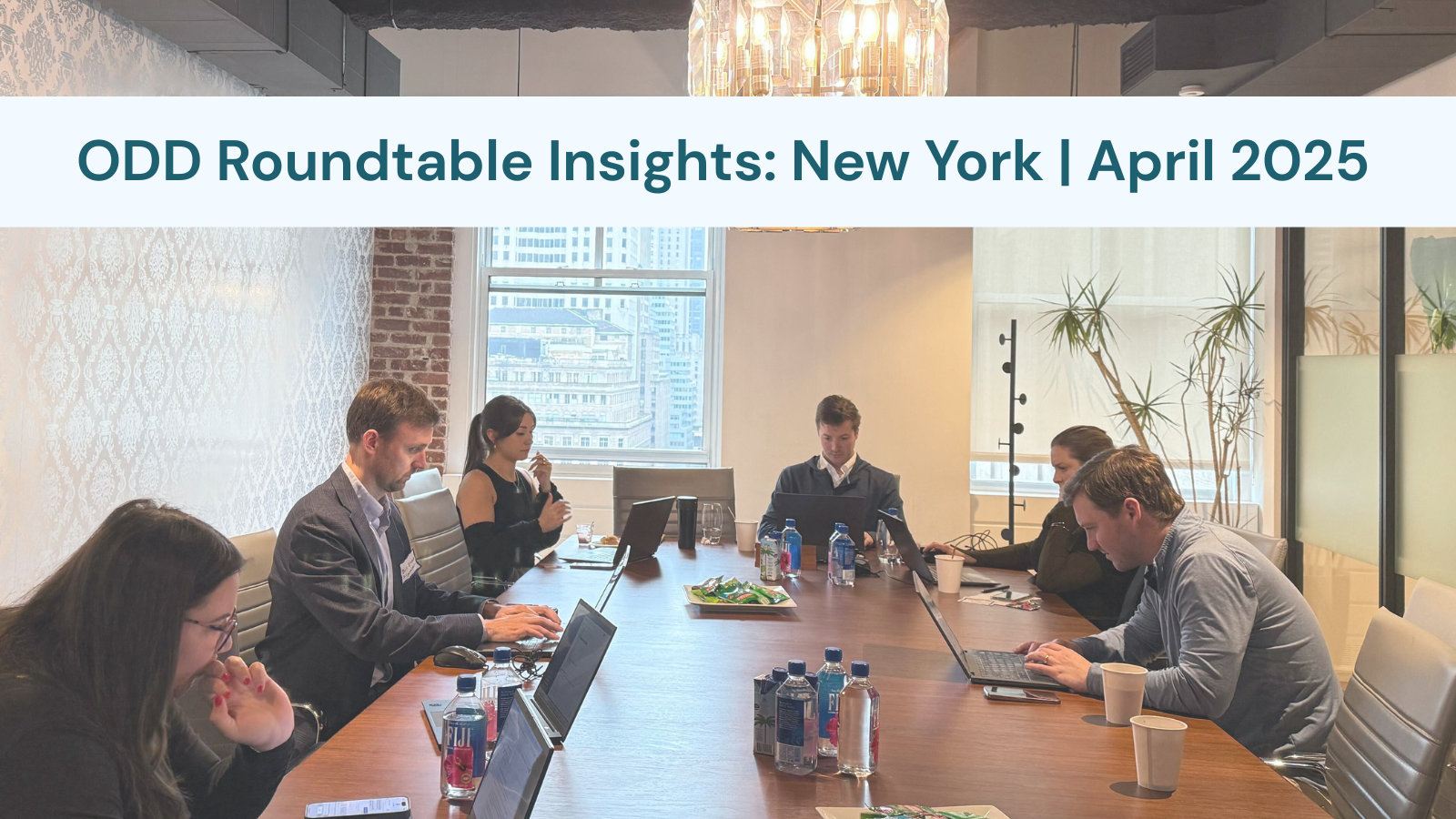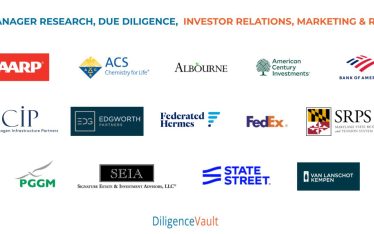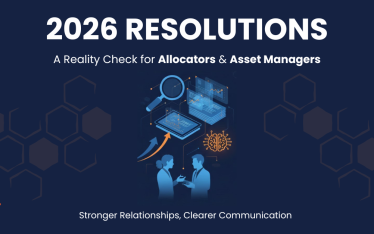DiligenceVault recently hosted our annual Operational Due Diligence (ODD) Roundtables in New York, bringing together clients, industry leaders, and friends to discuss the evolving landscape of ODD. This collaborative forum was packed with information and spotlighted the most pressing topics facing ODD professionals today. Here’s a summary of the key trends and takeaways from those discussions:
Strengthening the Security Perimeter
Information security continues to top the priority list for ODD professionals. Increasingly, ODD teams are working closely with internal technology and cybersecurity experts to assess and mitigate risks.
- Some managers are adopting Red, Blue, and Purple team frameworks to build a more adaptive and responsive security posture.
- Hedge fund managers are seen as more vulnerable to breaches than private equity managers due to their active trading models, intellectual property exposure, and operational complexity.
- Managers often note that penetration testing requires them to relax security perimeters, which they believe undermines the objective of the exercise.
- ODD teams actively share security findings with asset managers. Emerging managers tend to be more open to implementing suggestions, especially if the recommendations come from a CTO. Most managers aim for a middle-ground remediation approach.
Gen AI Adoption by Asset Managers and GPs
ODD professionals are increasingly scrutinizing how managers incorporate generative AI (Gen AI) into their workflows.
- Key focus areas include whether firms block access to public tools like ChatGPT or instead implement usage policies based on trust and responsibility.
- Email drafting and operational efficiency are the primary AI use cases so far. Gen AI adoption among investment teams remains limited.
Tech Tools Powering ODD Teams
ODD professionals are also embracing technology to enhance their own operations:
- Data collection spans initial, periodic, and exception-based updates including special scenarios like wildfire-triggered DR/BCP assessments.
- Teams are using tech tools for efficient ADV reviews and the creation of summarized ODD reports.
AI for ODD Teams: Trust, but Verify
ODD teams have begun adopting tools like Copilot and Enterprise ChatGPT to boost productivity, with the adoption of external vendor technology limited.
- Common use cases include drafting emails, meeting summaries, document summaries, and quick information recall.
- There’s wide acknowledgement that AI-generated outputs require a “trust but verify” approach.
- Some teams report lower accuracy when processing large documents – reflecting known LLM limitations in navigating extensive context windows for certain types of implementations.
Outsourcing and Third-Party Diligence
Outsourcing trends are accelerating, and ODD teams are adapting their diligence practices accordingly:
- Middle and back-office outsourcing is becoming more common, shedding the stigma it carried five to six years ago. This puts additional focus on BCP/DR reviews given the interconnectivity of outsourced providers.
- Cybersecurity services are the most frequently outsourced, requiring careful evaluation of managed service providers (MSPs).
- The rise of the outsourced CFO model is notable.
- Importantly, many outsourced service provider fees are now charged to the fund – a shift from the historical practice of management company coverage five or six years ago.
Ratings, Reports, and Risk Communication
ODD report formats and ratings remain diverse:
- Teams are moving toward concise, summarized reports – some just 2–3 pages – especially for initial reviews. However, many teams have 10+ page reports for initial review.
- Ongoing reviews often rely on exception-based updates.
- The use of diligence ratings varies significantly. Some ODD teams avoid them, citing confusion – especially when comparing large, complex managers with smaller, emerging ones.
- Clear summaries and takeaways are now seen as essential in reports.
Manager Feedback Loops: Receptivity Varies
ODD teams are navigating the nuances of how and when to provide feedback to managers:
- Manager response depends on culture. Some are “hungry” for improvement, others “set in their ways.”
- Emerging managers often lean toward the former, though not universally.
- For outsourced ODD providers or consultants, feedback to managers is typically shared only with client consent.
- Initial reviews offer the most leverage for feedback, as clients hold greater influence early on.
The Rise (and Risks) of Semi-Liquid Fund Structures
Semi-liquid structures like evergreen, interval, and semi-liquid funds are becoming more common, but not without challenges:
- These structures pose asset-liability mismatch risks often underestimated by retail investors.
- While they offer opportunities through private market democratization, education is critical for both investors and advisers.
- Key diligence areas include governance and liquidity controls, especially since these structures lack LPACs that could suspend redemptions during crises.
- One manager proposed a hybrid structure combining institutional capital with longer lockups to provide a liquidity backstop for semi-liquid offerings.
Regulation and the Role of the SEC
- Some new rule-making such as cyber and outsourcing rules has seen delays or pauses.
- ODD professionals expect fewer regulatory exams and oversight due to resource constraints at agencies, making the role of ODD even more important.
- However, faster resolutions appear more likely (e.g., Sound Point case).
Emerging Trends: What’s Good, What’s Concerning
- Periodic background checks on key personnel are becoming standard, which is an improvement vs only conducting checks at the time of hiring.
- Private equity managers continue to adopt independent fund administration.
- Pass-through fees for multi-strategy funds continue to draw attention, sometimes reaching 6–7%. Still, investors are more accepting if net performance remains strong.
- Exit letter access is a key red flag: refusal to provide one unless on-site raises transparency concerns. Some managers offer an assurance letter from their legal counsel or board of directors instead, but most ODD teams prefer direct access. One ODD team shared an alternate view that any material findings will make it through regulatory filings anyways.
- Arbitration clauses are now more common in contracts, replacing traditional litigation. ODD questionnaires must explicitly ask about arbitration, not just litigation to get a complete picture.
What’s Next?
Thank you to the 22 ODD professionals who participated in these roundtables with Team DiligenceVault. We look forward to continuing the conversation. In the meantime, don’t miss our upcoming webinars:
- April 28: ADV Filings Data Insights and Tech Tools
- May 23: Document AI in Due Diligence
Stay tuned for announcements about the next ODD Roundtable!



